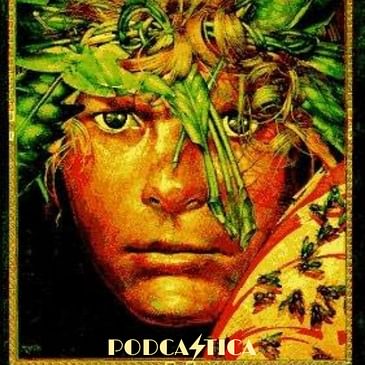—
Hey everyone, we missed the podcast and decided to come back and check out one of the inspirations for Yellowjackets, namely William Golding award-winning 1954 novel Lord of the Flies, about a group of young boys stranded on an island and the tension between civility and savagery that ensues.
Wendy and Jason are thrilled to be joined by Wendy’s daughter Kasi for this ep. Kasi is a middle school teacher and knows this text well.
Check out our Facebook group where we chat about Yellowjackets and a bunch of other great shows. Join us! facebook.com/groups/podcastica
Want to write or voice-message in and join the conversation? You can find our contact info and all our other shows at: yellowjacketswtf.com
Show support and get ad-free episodes: patreon.com/jasoncabassi or go to buymeacoffee.com/cabassi for a one-time donation (thank you!)
Thank you to Ellie Duke for our beautiful, Misty-licious podcast art. You can find more of Ellie’s art at: instagram.com/elliedukedrums and www.elliedukeart.com


